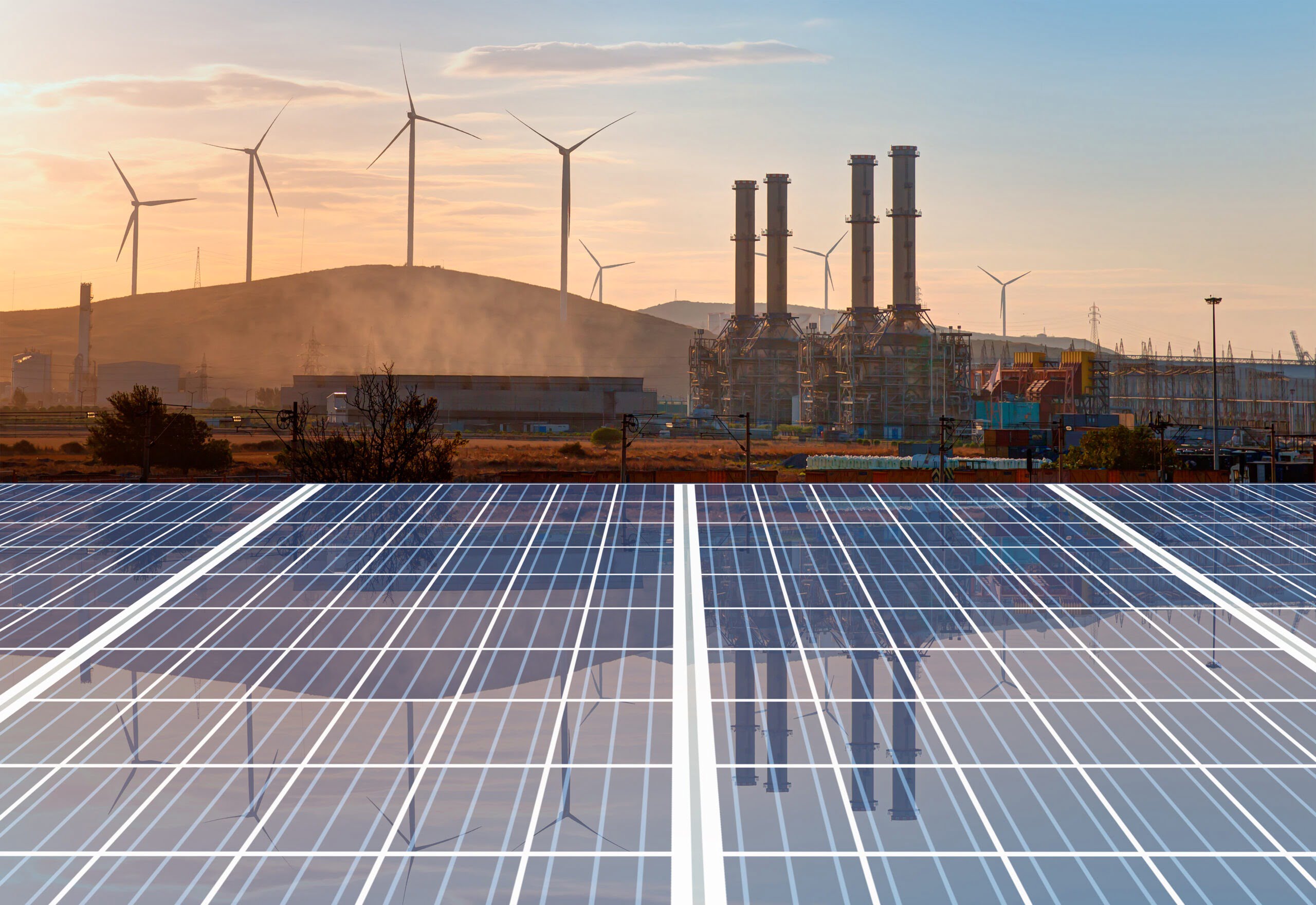
UK gas shortage: The impact on prices, market and supplier risk
What’s happening in global energy markets?
Rising world energy prices through 2021 have drawn headlines this month, with the UK’s Business, Energy & Industrial Strategy Secretary Kwasi Kwarteng releasing a statement on the risk posed to the UK energy supplier base over the weekend, and is also due to hold meetings with suppliers early this week. Information in this piece will be updated subject to further developments throughout the week.
UK gas shortage: What’s happening in global energy markets?
As had been predicted by the International Energy Agency back in April, world energy prices, especially for natural gas, have risen steadily to respond to a post-COVID surge in economic demand.
Demand for natural gas dropped during the height of the global pandemic in 2020, however, as economic activity has picked up, the price has risen across the world.
A recent drop in system energy share of renewables, outages at cross-border power grid assets, as well as a surge in demand for Liquified Natural Gas in Asia have also helped raise energy prices above normal levels.
Energy security and Winter 2021 forecast
It’s important to note that the government does not expect disruptions of gas supply through winter, with the BEIS Secretary confirmed this weekend that despite high prices, the UK has diverse sources of supply and strong mechanisms to ensure required capacity.
For power, the supply security picture has been clarified by National Grid ESO in recent months, with the system operator cautioning that generation capacity margins will be tight into Winter. Though they anticipate lower energy reserves, National Grid does not foresee any need to trigger emergency supply mechanisms.
UK energy supplier risk
The past decade has seen a diversification of the UK energy market with a proliferation of smaller energy suppliers competing with larger companies, including the group previously known as the “big six” UK suppliers: British Gas, EDF Energy, E.ON UK, Npower (now an E.ON subsidiary), Scottish Power, SSE (subsidiary of OVO Energy).
The rise in wholesale gas prices has seen 5 smaller energy suppliers cease to trade in the last 5 weeks, mostly domestic focussed businesses, with the government working to deal with wider risk of market failure from now until the end of the winter. In a worst-case scenario, the current field of around 70 energy suppliers in Great Britain could be consolidated to about 10.
Larger companies have had the resources to “hedge” prices by purchasing wholesale retail energy at agreed earlier prices, and often by being vertically integrated generators and retailers, making them less exposed to the difference between global energy price volatility and the UK domestic energy price cap, the maximum rate they can charge domestic customers during a given period.
On Monday, the Energy Secretary confirmed the government is taking a “consumers come first” approach to the situation and maintaining the domestic price cap—focusing on continuity of supply rather than rescuing suppliers.
What happens when a UK energy supplier ceases to trade and what is the customer impact?
Generally, for both non-domestic and domestic consumers, the government regulator, Ofgem assigns a Supplier of Last Resort (SOLR) when a supplier ceases to trade, according to strict rules designed to protect customers.
If your energy company ceases to trade, Ofgem advises that customers wait to switch suppliers, as the process is designed to ensure continuous supply. Any customer credits will be accepted, and customers will also be responsible for paying bills and debits. In this system, a market competitor in strong financial standing will be appointed to take over contracts with customers on the same terms.
What is the government considering?
As of Monday 20th September, the government announced few formal decisions about the situation, but is currently holding talks with energy companies early this week and examining several routes.
- Early Monday afternoon, government confirmed its weekend statement that it is going to keep the current domestic energy price cap, which sets a maximum amount that energy retailers can charge to customers, even when wholesale prices rise.
- The government can also choose to intervene less and rely on the SOLR system and focus on protecting customers.
- The government is reportedly alternatively considering whether some form of support or loans will be needed for energy suppliers for the short term. The nature of these loans is currently uncertain.
- Government is exploring the option of a temporary special administrator to take control of energy contracts if a SOLR cannot be appointed.
While the primary goal of the government is to protect consumers and ensure supply, the government would also like to avoid an undesired consolidation of the energy market over the winter and wants to signal to world markets that it is backing the UK energy sector.
Impact on other sectors
The spike in energy prices has introduced temporary risks across Europe, especially in industrial sectors. There has been a slow-down in production of steel and other industrial sectors, which has some impact on price and availability affecting the supply chains of other sectors.
One industrial by-product, carbon dioxide, used in fizzy drinks and other food processes, may experience shortages, which has already impacted UK fertiliser production. Nonetheless, the government has confirmed its confidence in the resilience of the UK food chain to avoid shortages.
What can you do?
While final impacts are unknown, the risks exposed do indicate that some reforms of the UK retail market may be required, especially around requirements for price-competition and exposure to wholesale market risk.
Time your renewal right
Given the current uncertainty, forward planning for businesses across the country remains challenging to say the least. But if your contract end date is approaching, you need to be looking at your options now.
With the recent gains in wholesale energy markets, you are likely to be seeing significant cost increases to your energy bill. Although it can be tempting to hold out on your renewal when the market is high, like it is currently, it is always preferable to have a contract in place than to enter the ‘out of contract’ rate territory.
With a flexible supply contract, the ongoing risks associated with wholesale market volatility can be spread out, enabling you to limit upside budgetary risk whilst capitalising on downside potential. Flexible contracts also enable you to buy energy based on a risk management strategy, allowing you several different approaches to procurement based on your risk aversion.
Consider working with an energy expert with market expertise to understand the right time to purchase over various periods. Having a full picture of the energy market will help support your decision of when the right time to renew your contract is.
Unlock funds and futureproof your business
With both the commodity and non-commodity elements of the bill on the up, it’s well worth finding ways to offset these increases to your energy bill and to futureproof your organisation by combating wastage, reducing consumption, and ensuring supply.
- Recover revenue
Businesses can recover incorrect charges for up to the past six years. Using a consultancy to review your historical billing data means errors can be identified and recovered on your behalf, with the potential to receive a significant refund that had previously been paid incorrectly. - Monitor consumption & target wastage
Many businesses are now collecting half hourly (HH) energy data as standard but to effectively identify and reduce energy waste, you need to measure and monitor your energy consumption continually.Our Profile Alerts service identifies unnecessary waste and notifies your sites when and where this happens. Our support teams can even call your site managers and talk them through the reasons why wastage could be occurring helping to resolve problems and reduce spend. Together with regular reporting and reviews, we can help you to easily identify and justify appropriate saving initiatives moving forward. We will always try to identify the lowest cost (or no cost) resolution, to avoid capital expenditure. - Invest in on-site generation and storage
A growing number of businesses are installing energy generation assets on-site, from solar thermal to heat pumps, biomass boilers to combined heat and power (CHP) systems. Having the ability to generate their own energy enables these businesses to be more flexible in their use of grid energy, as when there’s high demand for grid energy, they can switch to energy generated on-site.In fact, many organisations that have a generation asset on-site are now exploring energy storage, as by storing the energy generated by their asset, they can be sure that they have energy reserves they can switch to during peak demand periods. Energy storage is particularly useful for owners of weather-dependent, renewable generation assets, such as solar panels. On overcast days, their solar panels may not generate enough energy to power their operations through the peak demand period, but if they have energy stored from sunny days, they can use this stored energy instead.With generation assets and storage on-site, businesses should be able to reduce the amount of grid energy they use and ease grid constraints without having to turn down any of their assets or processes. They may also be able to reduce their energy costs, as they can switch to on-site generation when grid prices are at their highest. Having the ability to generate their own energy and store it on-site also boosts businesses’ energy resilience, as it gives them security of supply in the event of a grid power failure. On-site energy storage may also give some businesses the opportunity to sell their self-generated power to the grid at times of high system stress, or high market prices – which often coincide – providing extra revenue-earning opportunities.
Before you invest, check whether you’re eligible for any of the Government’s low and zero carbon funding schemes, designed to support businesses with the upfront costs of renewable technology. Or there are ‘no upfront cost’ or ‘spread the cost’ options to consider. Current % energy savings and typical payback periods look incredibly favourable right now – speak to one of our experts to understand your best possibilities.
Work with a trusted energy partner
Before taking any action, you should seek expert advice from an energy consultant who can work with you to determine what options are available to your business.
Remove the guesswork and speak to an Inspired consultant on 01772 689 250 or email [email protected]










